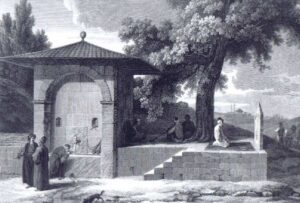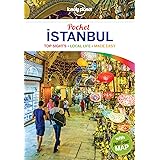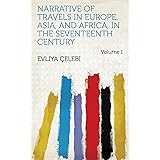- MAIN PAGE
- TURKEY TRAVELLERS
- READERS
- BEYOND TURKEY
- TURKISH LEARNERS & STUDENTS
- SHOP
- Amazon Bestselling All Times: Turkey
- Amazon Bestselling in 2021: Turkey
- Books
- Ceramics&Tiles
- Giftware
- Carpets and Rugs
- HANDICRAFTS
- Hotel Bookings
- House & Property
- Kitchenware
- Leather Clothes & Shoes
- Medical Care & Aesthetics
- Musical Instruments
- OLIVE & OLIVE OIL & OLIVE OIL SOAP
- TEXTILE & CLOTHES
- Towels
- Turkish Coffee
- Turkish Delight
- Turkish Dried Fruits
- Turkish Glassware
- Turkish Spices
- Turkish Tastes
- Turkish Tea
- Contact
ABOUT US
All in Turkey and key for unique Turkey as well www.booksonturkey.com Turks journied all through Asia, Europe and Africa over several millenniums and marked their legacies in geography and history of the countries stretching throughout the continents of the old world. What is imagined in mindset as Turkey is functionally stereotyped under 8 categories; for Turkey Travellers for Readers for Buyers for Turkish Learners&Students for Turkish Cuisine for Turkish Medical for Beyond Turkey for Turcophiles and several sub categories for easy access and reference. “Books on Turkey” is not confined to works on Turkey; it also includes historical, cultural, social, and political research carried out on countries and societies “beyond Turkey”; extending from Europe to the Balkans, Middle East, North Africa and Far East, Near East, Central, South and South East of Asia.
Key for creative solutions of the world from Turkey with books, bazaars, businesses, travellers, nomads, towns, mountains, rivers, seas, antiquity, first settlers, literature, philosophy, wisdom, olives, endemics, language, hospitality, smile on faces; so on and more on the continental peninsulas of faith and infinity of the humankind.






















